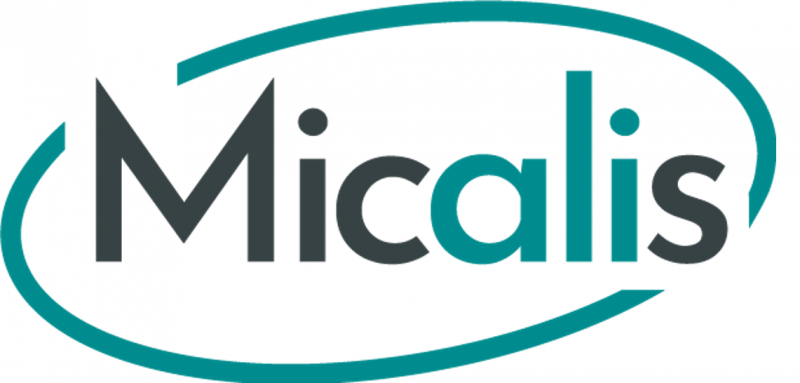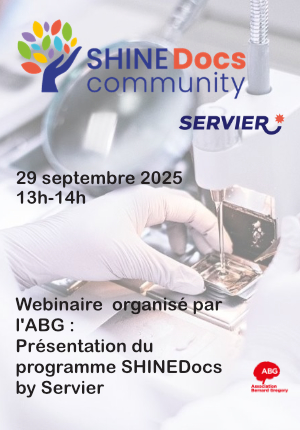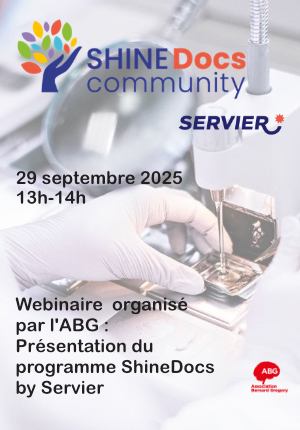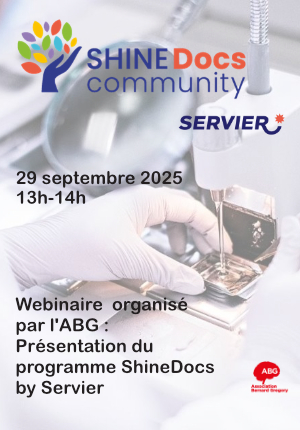Role of lipid metabolism in the regulation of gut hormones
| ABG-133303 | Master internship | 5 months | 669,9€ |
| 2025-09-03 |

- Biology
Employer organisation
Website :
The internship will take place between the laboratory of Prof. Hervé Le Stunff based in NeuroPsi (https://neuropsi.cnrs.fr/en/departments/decs/group-leader-mohammed-taouis/ ) which holds the mouse model of nCDase knock-out and specialised in the study of lipid signalisation in Diabetes, and the laboratory of Dr. Pierre Larraufie, based in Institut Micalis (https://www.micalis.fr/equipe/fine/) specialised in the study of enteroendocrine cells and the crosstalk with gut microbiota.
Description
Incretin (GLP-1 and GIP) are targeted for type 2 diabetes and obesity treatment using degradation inhibitors or agonists of their receptors. These hormones are secreted by a rare population of intestinal epithelial cells, called enteroendocrine cells (EECs). The scarcity of these cells has limited their study, and thus our capacity to understand the mechanisms regulating hormone production and secretion. Recent techniques, developed in the host laboratory including organoid cultures allowing in vitro study of intestinal epithelial cells combined mouse models labelled for EECs crossed with knock-out models enable a precise study of these cells.
The aim of this internship is to better understand the physiology of EECs with a focus on the lipid metabolism in which can be altered in obesogenic diets. Some lipids such as sphingolipids can be dysregulated in obesity and are known to play an important role in cellular signalling. We will focus our research on the neutral ceramidase (nCDase), a key enzyme in the metabolism of sphingolipids that is mainly expressed in the intestinal cells. Using a mouse model knock out for this enzyme, we will assess how the impairment of sphingolipid metabolism alters gut hormone productions and secretions. Modulation of gut hormones secretion and production will be measured in mice fed an obesogenic diet or a control diet in knock-out mice compared to control, and will be correlated with modifications in lipid metabolism. In parallel, organoids derived from knock-out mice will be used to measure the importance of sphingolipids in the secretion of gut hormone in response to different stimuli.
Profile
The candidate must have a background in biology, with a good comprehension of molecular and cell biology, with an interest in endocrinology and or cellular metabolism. The master degree he or she is enrolled should be dedicated to endocrinology, metabolism, cell signaling or related biological topics.
Lab experience and knowing good laboratory practices, especially for with cell culture would be appreciated, with a bonus for 3D culture models.
Starting date
Vous avez déjà un compte ?
Nouvel utilisateur ?
Get ABG’s monthly newsletters including news, job offers, grants & fellowships and a selection of relevant events…
Discover our members
 SUEZ
SUEZ  Aérocentre, Pôle d'excellence régional
Aérocentre, Pôle d'excellence régional  Nokia Bell Labs France
Nokia Bell Labs France  Généthon
Généthon  Tecknowmetrix
Tecknowmetrix  CASDEN
CASDEN  Institut Sup'biotech de Paris
Institut Sup'biotech de Paris  TotalEnergies
TotalEnergies  CESI
CESI  MabDesign
MabDesign  ASNR - Autorité de sûreté nucléaire et de radioprotection - Siège
ASNR - Autorité de sûreté nucléaire et de radioprotection - Siège  Laboratoire National de Métrologie et d'Essais - LNE
Laboratoire National de Métrologie et d'Essais - LNE  PhDOOC
PhDOOC  ONERA - The French Aerospace Lab
ONERA - The French Aerospace Lab  Groupe AFNOR - Association française de normalisation
Groupe AFNOR - Association française de normalisation  ANRT
ANRT  ADEME
ADEME  Ifremer
Ifremer  MabDesign
MabDesign




